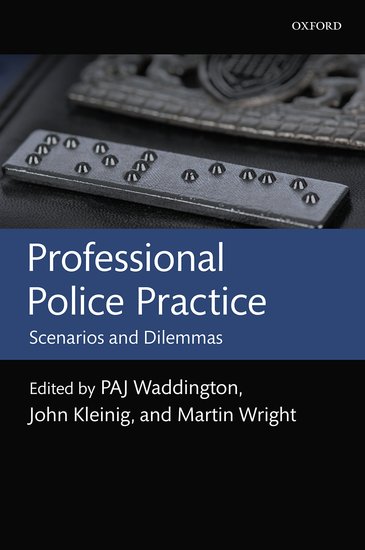P.A.J. Waddington on jury service
By Professor J. Waddington
Fortunately, I have escaped the obligation of performing jury service, but I know many who have been less fortunate. The stories they tell of their experience hardly fosters confidence in this institution that enjoys such a position of unquestioned pre-eminence in the Common Law criminal trial. They tell of ignorant, utterly disengaged, deeply prejudiced people, often more anxious to escape the confines of the court and resume their lives, than committed to doing justice.












